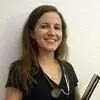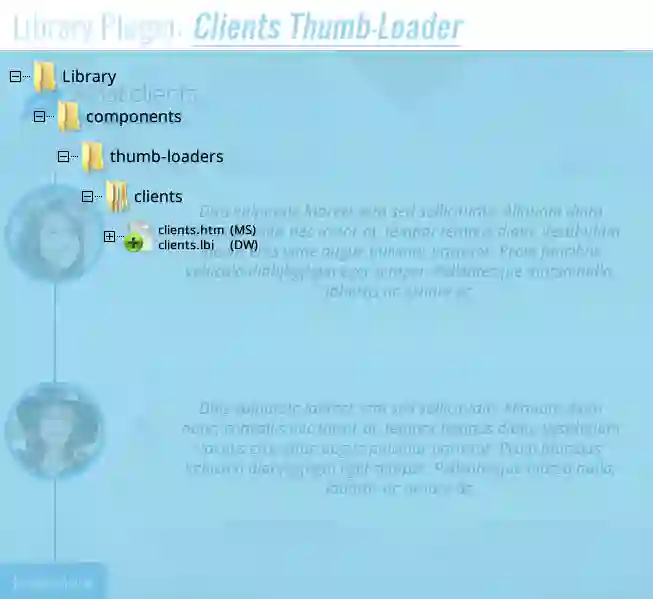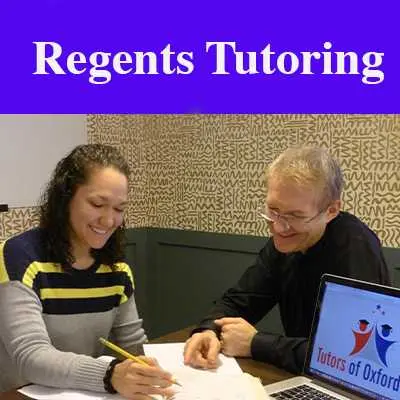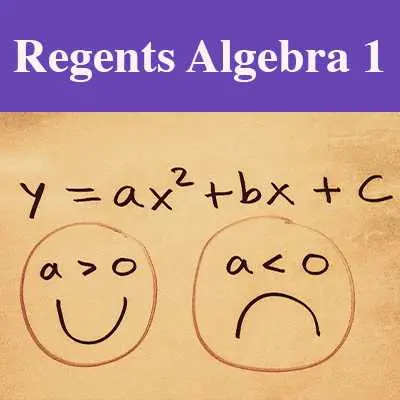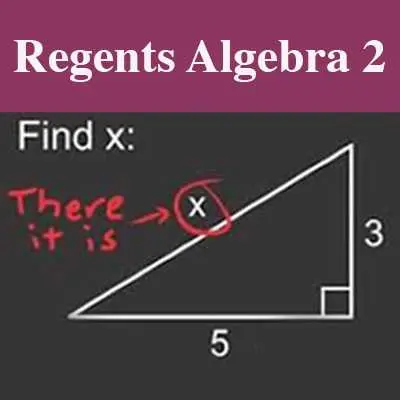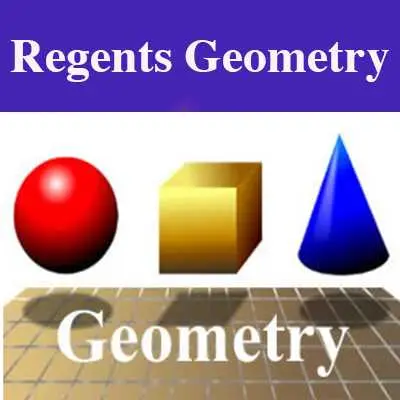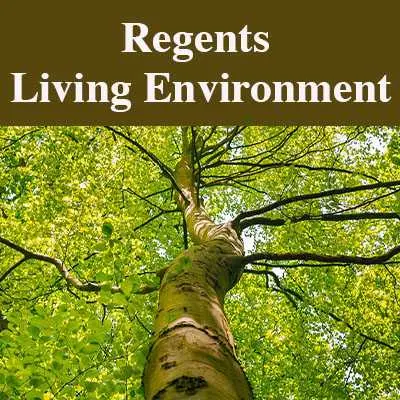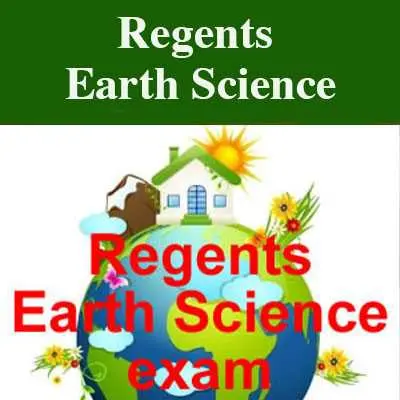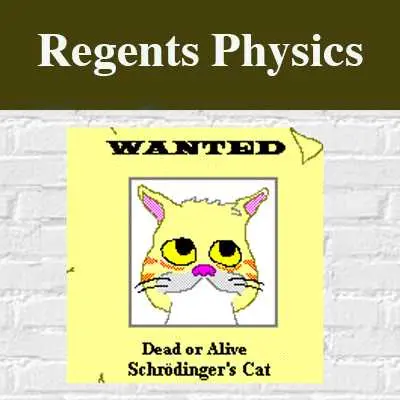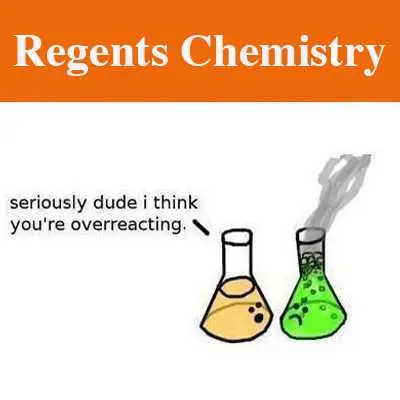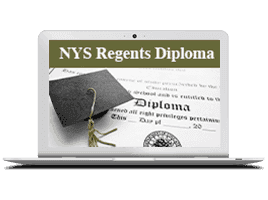
The Regents Diploma
To achieve the Regents Diploma, students must achieve the 4+1 options requirement by scoring 65 or higher in at least 4 Regents exams—one per subject—and pass one additional Regents exam in any subject as shown below:
i. English Language Arts,
ii. At least one math regents (Algebra I, Geometry, or Algebra II),
iii. At least one science regents (Living Environment, Earth Science, Chemistry, or Physics),
iv. At least one social studies regents (Global History or United States History and Government),
v. One additional Regents Exam in any subject or passing a state-approved exam.
Regents Diploma with Advanced Designation Exam Requirements
To achieve the Regents Diploma with Advanced Designation, students must score 65 or higher in:
i. English Language Arts
ii. All three math regents (Algebra I, Geometry, and Algebra II)
iii. Living Environment and one physical science regents (Earth Science, Chemistry, or Physics)
iv. Global History or United States History and Government.
v. One additional Regents Exam in any subject or by passing a state-approved exam
Regents Diploma with Honors Exam Requirements
The New York State Board of Regents also offers the following honors to students with exemplary academic performance:
i. A student who earns an average score of 90 or higher on required exams is eligible for a Regents Diploma with Honors or a Regents Diploma with Advanced Designation with Honors.
ii. A student who earns scores of 85 or higher on all the required mathematics Regents Examinations is eligible for an annotation on their diploma that states that the student has mastery in mathematics.
iii. A student who earns scores of 85 or higher on at least three science Regents Examinations is eligible for an annotation on their diploma that states that the student has mastery in science.
Regents Algebra 1 Test
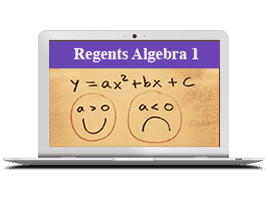
The Regents Algebra 1 Test measures your understanding of the Common Core Learning Standards for Algebra 1. The exam requires that you show an understanding of mathematical concepts, use prior knowledge and prerequisite skills, and solve real-world problems using tools and formulas.
The Algebra 1 Regents exam lasts three hours and contains four parts, including multiple-choice and constructed response questions. There are a total of 37 questions on the test. However, all the questions are not weighted the same:
Part I contains 24 multiple choice questions (each worth two credits),
Part II contains eight constructed response questions (each worth two credits),
Part III contains four constructed response questions (each worth four credits), and
Part IV contains one constructed response question (worth six credits).
Two topics: Algebra (50-56%) and Functions (30-38%) account for the vast majority of questions on the test so it is essential to make sure you know these topics well. Statistics and Probability (5%-10%) and Number and Quantity (2%-8%) account for the rest of the test.You will be permitted to use a graphing calculator on all Algebra 1 Regents exam sections. You will be supplied with a reference sheet and a ruler for the entire exam duration.
Regents Geometry Test
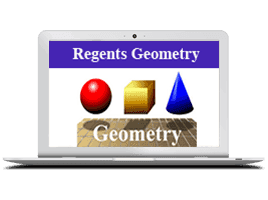
The Regents Geometry Test evaluates your understanding of the Common Core Learning Standards for Geometry. The exam requires that you show an understanding of mathematical concepts, use prior knowledge and prerequisite skills, and solve real-world problems using tools and formulas.
Two topics: Congruence (27%-34%) and Similarity, Right Triangles, and Trigonometry (29-37%) account for the vast majority of questions on the test. Hence, it is essential to make sure you know these topics well. Expressing Geometric Properties via Equations (12%-18%), Geometric Measurements and Dimensions (2%-8%), and Circles (2%-8%) account for the rest of the test.You will be permitted to use a graphing calculator on all Algebra 2 Regents exam sections. You will be supplied with a reference sheet and a ruler for the entire exam duration.
The Geometry Regents exam lasts for three hours and contains four parts, including multiple-choice and constructed response questions. There are a total of 35 questions on the test. However, all the questions are not weighted the same:
Part I contains 24 multiple choice questions (each worth two credits),
Part II contains seven constructed response questions (each worth two credits),
Part III contains four constructed response questions (each worth four credits), and
Part IV contains one constructed response question (worth six credits)
Regents Algebra 2 Test
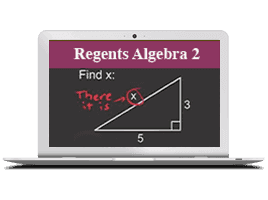
The Regents Algebra 2 Test measures your understanding of the Common Core Learning Standards for Algebra 2. The exam requires that you show an understanding of mathematical concepts, use prior knowledge and prerequisite skills, and solve real-world problems using tools and formulas.
The Algebra 2 Regents exam lasts three hours and contains four parts, including multiple-choice and constructed response questions. There are a total of 37 questions on the test. However, all the questions are not weighted the same:
Part I contains 24 multiple choice questions (each worth two credits),
Part II contains eight constructed response questions (each worth two credits),
Part III contains four constructed response questions (each worth four credits), and
Part IV contains one constructed response question (worth six credits).
Two topics: Algebra (35%-44%) and Functions (30-40%) account for the vast majority of questions on the test so it is essential to make sure you know these topics well. Statistics and Probability (14%-21%) and Number and Quantity (5%-12%) account for the rest of the test. You will be permitted to use a graphing calculator on all Algebra 2 Regents exam sections. You will be supplied with a reference sheet and a ruler for the entire exam duration.
Regents Living Environment Test

The Regents Living Environment Test lasts for three hours and contains four parts, including both multiple-choice questions and constructed response questions. There are a total of 75 questions on the test worth a total of 85 points. The first three sections will test your understanding of cells, genetics, evolution, the human body, and ecology. The fourth section will assess your laboratory skills.
Part A contains 30 multiple-choice questions that test your knowledge of specific factual information. Part A is worth 30 points.
Part B1 contains a variable number of free-response and multiple-choice questions that may be based on the student's direct knowledge of biology, interpretation of experimental data, analysis of readings in science, and ability to deal with representations of biological phenomena.
Part B2 contains a variable number of free-response questions. Part B is worth a total of 25 points.
Part C contains a variable number of questions that may be based on the student's direct knowledge of biology, interpretation of experimental data, analysis of readings in science, and ability to deal with representations of biological phenomena. Part C is worth 15 points.
Part D contains a variable number of questions that will assess the student's knowledge of and skills on any of the four required laboratory experiences supplied to schools by the NYS Education Dept. Part D is worth 15 points.
Regents Earth Science Test
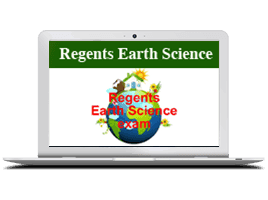
The Regents Earth Science Test lasts for three hours and contains a total of 85 questions in three parts, including both multiple-choice questions and constructed response questions.
The test evaluates your understanding of the Common Core Learning Standards for Earth Science, including Size, Shape, and Composition of Earth, Mapping, Rocks and Minerals, Weathering, Erosion, Deposition, and Landforms, Earthquakes and Plate Tectonics, Earth History, Meteorology and Climate, and Astronomy.
Part B1 contains 15 multiple-choice questions (each worth one credit).
Part B2 contains 15 short response questions (each worth one credit). In a constructed-response question, there is no list of choices from which to choose an answer; you must provide the answer. Constructed-response questions test skills ranging from constructing graphs or topographical maps to formulating hypotheses, evaluating experimental designs, and drawing conclusions based on data.
Part C contains 20 short response questions that require more time (15-20 minutes per item) and effort on your part to answer. These questions require applying your earth science knowledge and skills to real-world problems and applications.
Regents Chemistry Test
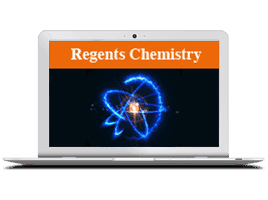
The Regents Chemistry Test lasts for three hours and contains a total of 85 questions in three parts, including both multiple-choice questions and constructed response questions. The test evaluates your understanding of the Common Core Learning Standards for Chemistry, including Math Skills, Atomic Concepts, Periodic Table, Moles and Stoichiometry, Chemical Bonding, Physical Behavior of Matter, Kinetics/Equilibrium, Organic Chemistry, Oxidation-Reduction, Acids, Bases and Salts, and Nuclear Chemistry.
Part A contains 35 multiple-choice questions from all units covered over the course of the school year.
Part B contains approximately 25 questions, with a mix of short answers and multiple choice. Questions focus on the Reference Tables, graphing, and laboratory experiments.
Part C contains approximately 15 short answer questions, most broken down into smaller parts. This is often an eclectic, unpredictable mix of questions from various units and may demand that students write short paragraphs, use equations and reference tables, or draw graphs and diagrams to answer the questions correctly.
Regents Physics Test
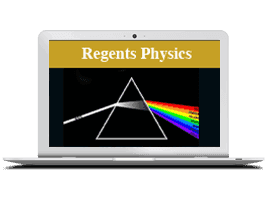
The Regents Physics Test lasts for three hours and contains three parts, including both multiple-choice questions and constructed response questions. The test evaluates your understanding of the Common Core Learning Standards for Physics, including mechanics, Energy, Waves, Electricity and Magnetism, Modern Physics, and Math for Physics.
Part A contains multiple-choice questions with four answer choices from which you choose the one that best answers the question or completes the statement. This part of the exam has content-based questions assessing your knowledge and understanding of core material, representing 30-40 percent of the examination.
Part B1 consists of multiple-choice questions which are content-and-skills-based and designed to assess your ability to apply, analyze, and evaluate material. The combined sections of Part B (multiple-choice plus constructed-response) represent 25-35 percent of the examination.
Part B2 consists of constructed-response question. There is no list of choices from which to choose an answer; you must provide the answer. Constructed-response questions test skills, including performing numerical calculations, drawing and interpreting graphs, and analyzing material. The combined sections of Part B represent 25-35 percent of the examination.
Part C contains extended response questions that require more time (15-20 minutes per item) and effort on your part to answer. Part C consists of content-based and application questions assessing your ability to apply knowledge of scientific concepts and skills. Write complete, clear sentences while using correct physics in your explanations. This part represents 23-30 percent of the examination.





